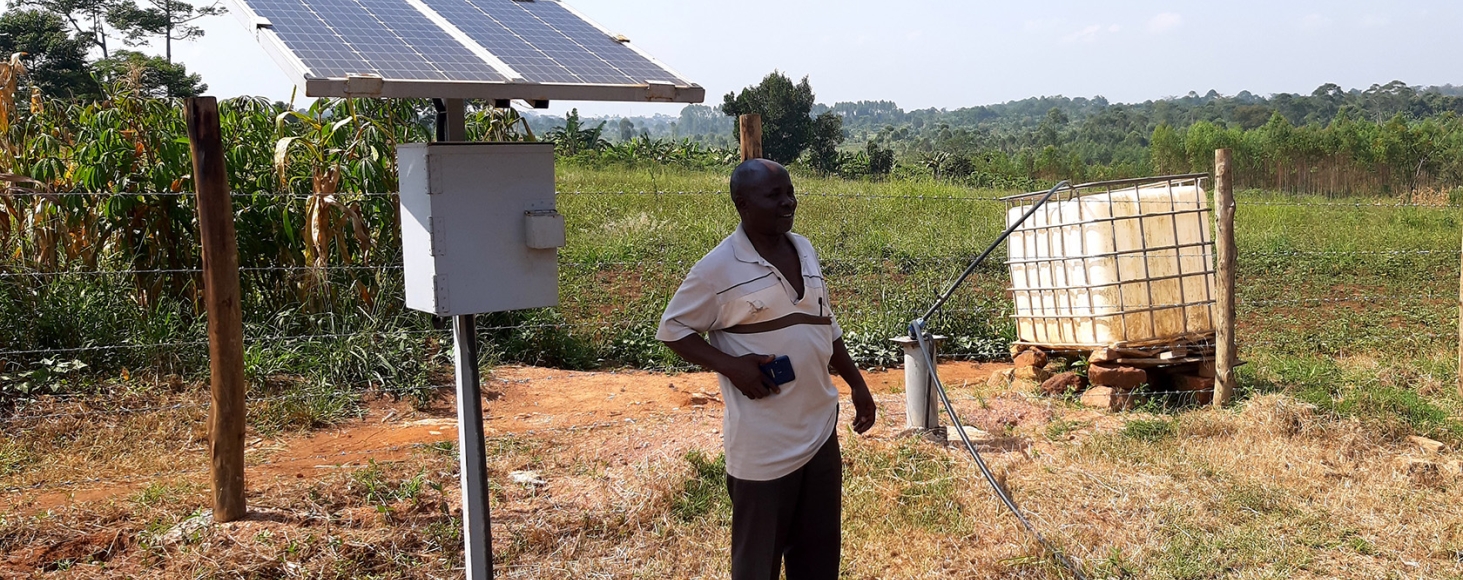
To deliver the most significant impacts for African smallholder farmers who are the most affected by climate change crises, it is essential to make targeted investments in promoting decentralized renewable energy (DRE) and climate change solutions. Using this lever can also help improve the performance of high-potential agriculture value chains and market systems that are commercially attractive and offer opportunities for smallholder farmers—including women and youth—to sustainably improve their incomes, livelihoods, and resilience to climate change-induced shocks while fostering a supportive policy environment and ecosystem.
The climate change solutions program of a global foundation has the goal to assist developing countries mitigate and respond to the negative impacts of climate change. A major focus of the program is supporting practical solutions that increase the commercial use of renewable energy in rural areas in developing countries, where nearly 1 billion people lack access to electricity. The foundation required a high-quality study to provide insights into how to sustainably increase the adoption of decentralized renewable energy technologies and climate change solutions in the agriculture sector in Kenya, Tanzania, and Uganda.
